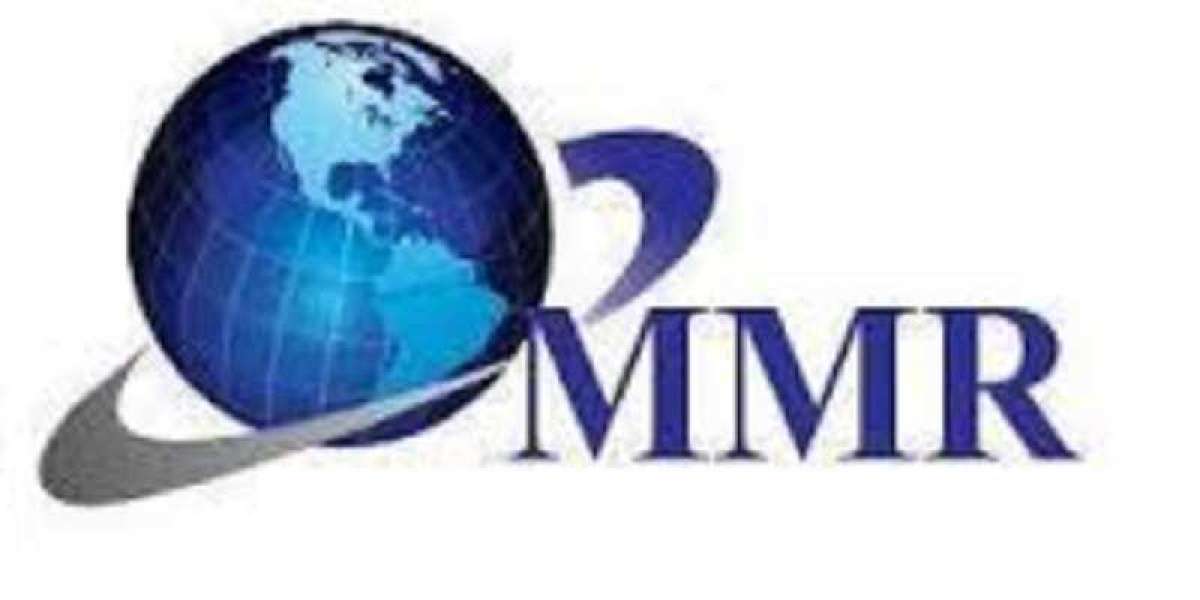In the competitive landscape of pharmaceutical sales, certifications can be a significant differentiator for job seekers. One such certification is the CNPR (Certified National Pharmaceutical Representative) offered by the National Association of Pharmaceutical Sales Representatives (NAPSRx). As with many certifications, questions arise about its legitimacy and value. This article delves into whether the CNPR certification is a legitimate opportunity or CNPR scam for aspiring pharmaceutical sales representatives.
Understanding CNPR Certification
The CNPR program aims to equip candidates with the knowledge and skills needed to excel in pharmaceutical sales. It covers various topics, including pharmacology, medical terminology, and the regulatory environment. The course is designed to provide a comprehensive understanding of the pharmaceutical industry, making it particularly appealing to individuals without prior experience in the field.
Evaluating Legitimacy
Several factors contribute to determining the legitimacy of the CNPR certification:
- Accreditation and Recognition
One of the primary concerns when evaluating any certification is its accreditation and recognition within the industry. The CNPR certification, offered by NAPSRx, is not formally accredited by any major educational or professional accrediting bodies. However, it is recognized by some pharmaceutical companies as a credential that demonstrates a foundational understanding of pharmaceutical sales.
- Course Content and Quality
The CNPR certification course covers crucial aspects of pharmaceutical sales, including product knowledge, sales techniques, and regulatory compliance. Reviews from past participants suggest that the course material is comprehensive and provides a solid foundation for those new to the industry. However, some critics argue that the content may not be as in-depth as other industry-specific training programs offered by pharmaceutical companies themselves.
- Industry Acceptance
The acceptance of the CNPR certification within the pharmaceutical industry varies. Some hiring managers view it as a valuable addition to a candidate’s resume, especially for those without direct experience in pharmaceutical sales. Others, however, place more emphasis on practical experience and may prefer candidates with a proven track record over those with a certification.
Potential Benefits of CNPR Certification
Despite the mixed opinions, there are several potential benefits to obtaining the CNPR certification:
- Entry-Level Advantage
For individuals looking to break into the pharmaceutical sales industry, the CNPR certification can provide a competitive edge. It demonstrates a commitment to learning and a basic understanding of the industry, which can be appealing to employers.
- Enhanced Knowledge
The certification course provides a structured learning path covering essential topics. This can be particularly beneficial for those transitioning from other fields, offering them a strong foundation upon which to build their career.
- Professional Development
Earning a certification can boost confidence and provide a sense of accomplishment. It also encourages continuous learning and professional development, which are crucial in the ever-evolving pharmaceutical industry.
Criticisms and Concerns
Despite its benefits, the CNPR certification is not without criticisms:
- Cost vs. Value
The cost of obtaining the CNPR certification can be a point of contention. Some argue that the return on investment is not always clear, especially if the certification does not significantly enhance job prospects or salary potential.
- Lack of Practical Training
While the CNPR course covers theoretical knowledge, it lacks practical, hands-on training. Pharmaceutical sales is a field where real-world experience and interpersonal skills are highly valued. Critics suggest that the certification should include practical training components to better prepare candidates for the realities of the job.
- Market Saturation
With many individuals obtaining the CNPR certification, there is a concern about market saturation. If too many job seekers possess the certification, its value may diminish over time, making it less of a differentiator.
The CNPR certification represents a legitimate opportunity for those seeking to enter the pharmaceutical sales industry, particularly for individuals without prior experience. It provides a foundational understanding of the field and can enhance a candidate's resume. However, it is essential to weigh the benefits against the costs and consider the industry’s varied acceptance of the certification. As with any professional development decision, prospective candidates should conduct thorough research, seek feedback from industry professionals, and consider their own career goals and circumstances before pursuing the CNPR certification.



